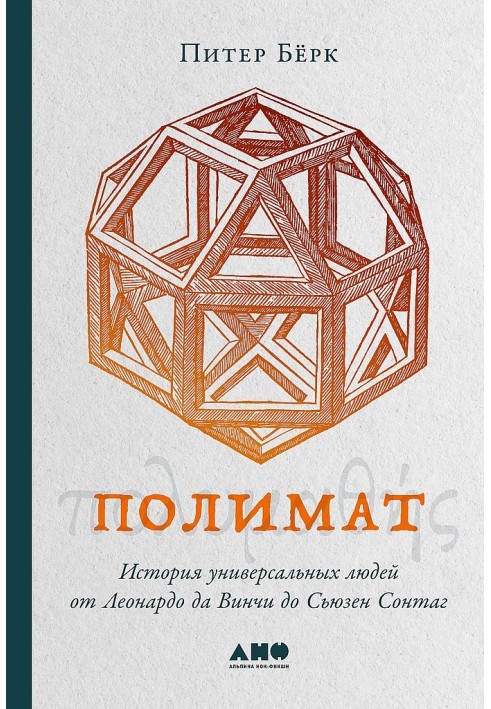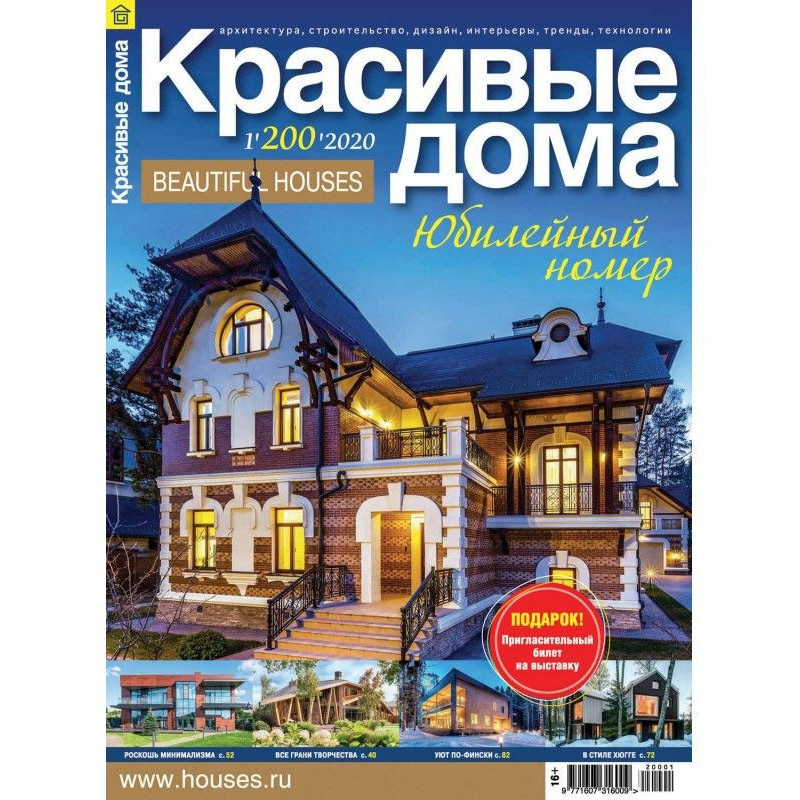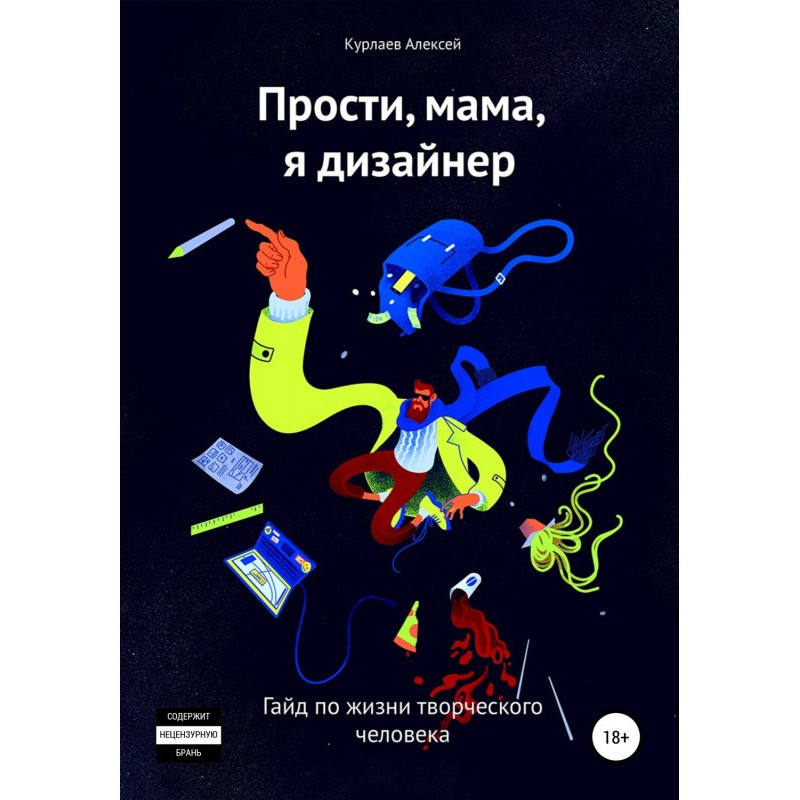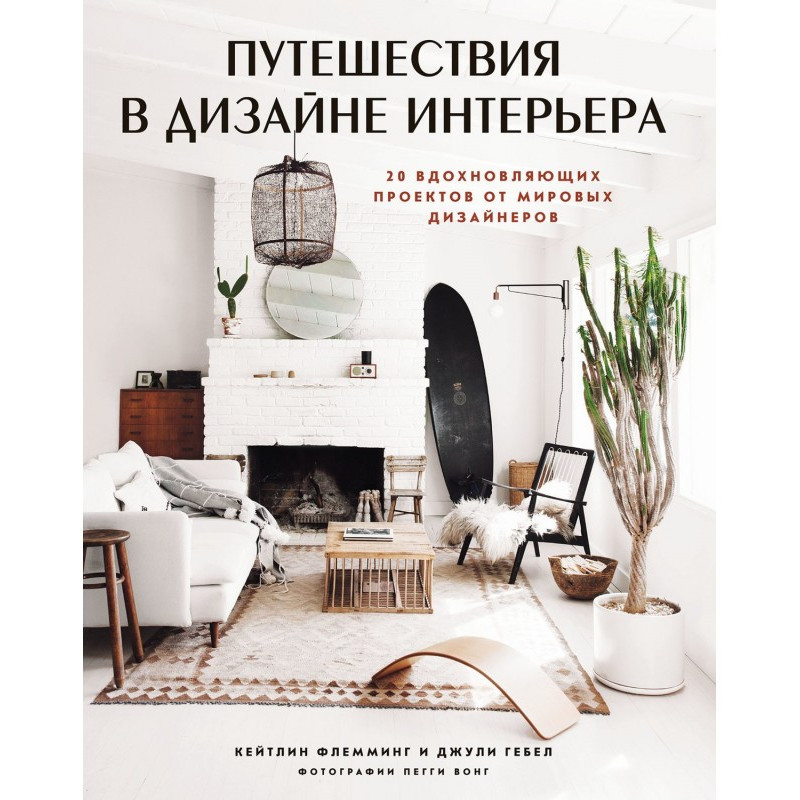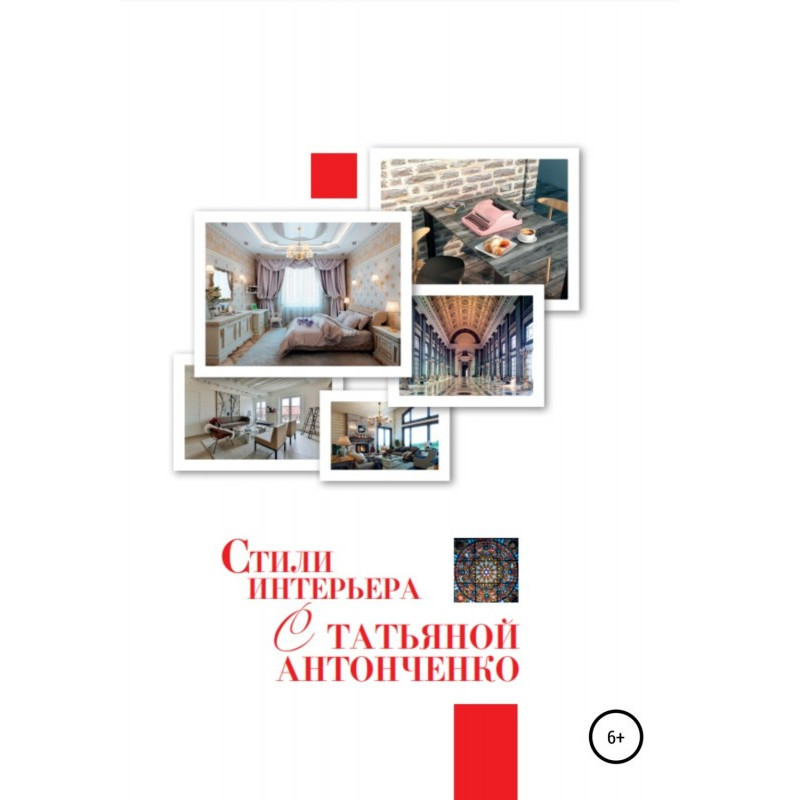Polymath. The history of universal people from Leonardo da Vinci to Susan Sontag
 Instant download
Instant download
after payment (24/7)
 Wide range of formats
Wide range of formats
(for all gadgets)
 Full book
Full book
(including for Apple and Android)
Usually, polymaths are understood as universal people, gifted in different areas. Oddly enough, these amazing individuals, endowed with almost supernatural abilities, are almost not studied as a phenomenon. The book by the famous historian Peter Burke is a successful attempt to fill this gap. According to his definition, polymaths are not just polymaths with broad interests, but scholars with encyclopedic knowledge of a subject or an essential segment of it. What makes them unique and can they be classified? What traits—innate or acquired—contribute to polymathy? How important are the sociocultural and economic conditions in which they live and work to these people? How are they affected by technological progress and the information explosion? Will polymaths survive as a “species” in the face of deepening specialization? Peter Burke seeks answers to these and other questions by exploring the history and “habitat” of polymaths - from Pythagoras to Jared Diamond, from Leonardo da Vinci to Susan Sontag.
“In recent years, the term “polymath”, before applied only to scientists, has spread to people whose achievements range from sports to politics... However, in this book we will still focus on academic knowledge, which was previously called “scholarship.” “On a personal level, the important question is what motivated these people. Was it simple but all-consuming curiosity, that same Augustinian “just to know,” or was there something else underlying what the political scientist Harold Lasswell in his memoirs called “the passion for knowing everything”? What made them move from one science to another? A quick loss of interest or an incredible degree of openness of mind? Where did the polymaths find the time and energy for their varied activities? What did they live on?” “The book will talk about Europe and both Americas from the 15th century to the present day. It begins with the uomo universale of the Renaissance, but focuses on the long-term consequences of what can be called two crises of learning, the first in the mid-seventeenth century and the second in the mid-nineteenth century. Both were associated with the widespread distribution of books (it is too early to say about the long-term consequences of the third crisis caused by the digital revolution). All three crises led to what can be called an information explosion - both in the sense of the rapid spread of knowledge and in the sense of its fragmentation."
Who is this book for? The book is intended for a wide range of curious readers, especially those who are interested issues of sociology, philosophy, culture, personal development and history of science.
Data sheet
- Name of the Author
- Питер Бёрк
- Language
- Russian
- Translator
- Татьяна Лисицына
Reviews
Неймовірна подорож в світ поліматів
Книга "Полімат. Історія універсальних людей" від Пітера Берка є справжнім відкриттям для всіх, хто цікавиться історією, наукою та культурою. Автор майстерно досліджує феномен поліматії, розкриваючи унікальність особистостей, які змогли досягти успіху в різних сферах знань. Я був вражений глибиною аналізу та різноманіттям прикладів, починаючи від Леонардо да Вінчі і закінчуючи сучасними мислителями, такими як Сьюзен Сонтаг. Книга не лише розкриває риси, які об'єднують поліматів, але й ставить важливі питання про роль соціокультурних та економічних умов у їхньому розвитку. Читання цієї книги стало для мене справжнім натхненням, адже вона спонукає задуматися про власні інтереси та можливості. Рекомендую всім, хто прагне розширити свої горизонти та зрозуміти, як можна поєднувати різні сфери знань у сучасному світі!

